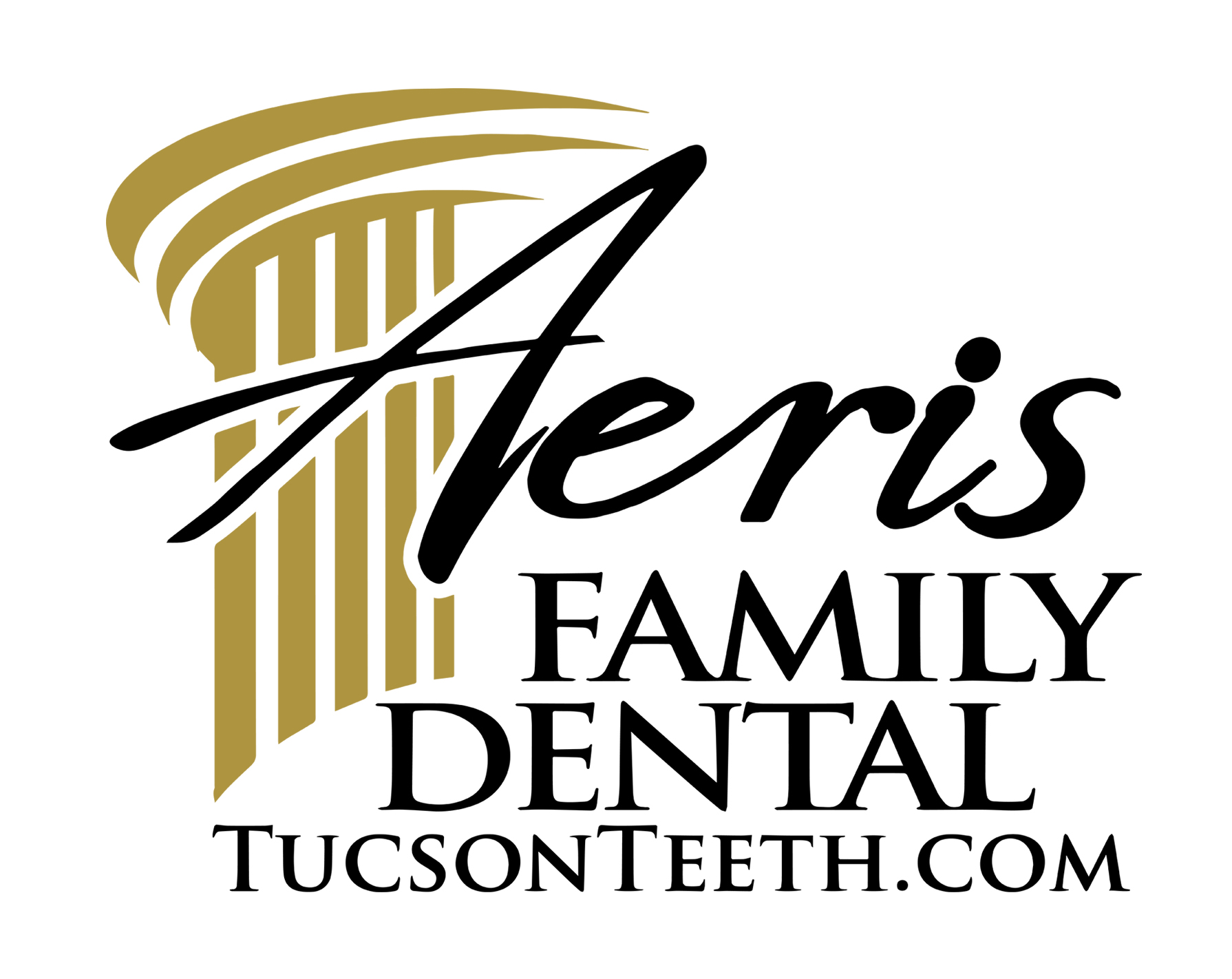The Procedure
Sedation dentistry is used to help patients relax while they are having treatment. Medication will be used but you usually remain awake, unless you opt for a general anaesthetic which will make you sleep.
Your dentist will discuss the sedation options with you so that you can choose the one you prefer and which he feels is best suited to your circumstances:
- A low level of sedation – you will feel completely relaxed but will not be asleep.
- Moderate sedation – you will feel more relaxed, even drowsy and although not fully asleep, you may not remember much afterwards.
- Deep sedation – you will wake up easily but will be more or less unconscious.
- General anaesthetic – you will be fully asleep/unconscious and will not be aware of anything.
Your dental surgeon will choose from a choice of sedation methods:
- Minimal inhaled sedation – you will be asked to breathe ‘laughing gas’ (nitrous oxide) mixed with oxygen via a mask. You will feel relaxed throughout the procedure and as this is not a heavy sedative, you can drive afterwards.
- Oral sedation – your dentist can decide on how much of this to use; for a minimal effect, you will just take a pill called Halcion, or similar. Like taking Valium, you will be drowsy and relaxed. Larger doses will make you more sedated and you may even fall asleep during treatment.
- Moderate IV sedation – this is administered through a vein and your dentist will decide on how much sedation you need.
- Heavy sedation/general anaesthetic – with this method, you are generally unconscious so will not be aware of the procedure at all.
As well as being sedated, your dentist will still apply a local anaesthetic into your gum so that you will not feel any pain whilst he works on your teeth.
The Benefits
Being sedated while you have dental work completed brings with it many benefits. Your anxiety will be relieved, you will be less aware or totally unaware of the procedure being carried out and your fear will be a thing of the past.
Who should consider this procedure?
If the thought of dental treatment fills you with dread, then sedation dentistry is well worth considering. Whether you have a phobia or something less, by allowing your dentist to sedate you, dental treatment can be carried out quickly and efficiently. Talk to your dentist about sedation dentistry if you have problems with any of the following:
- A fear of dentists
- Low pain threshold
- Very sensitive teeth
- A gag reflex that causes problems during treatment
- Need to have a vast amount of work carried out
Even children can be treated with oral sedation as it is very safe and will ensure that treatment takes place effectively and without any stress or anxiety.


